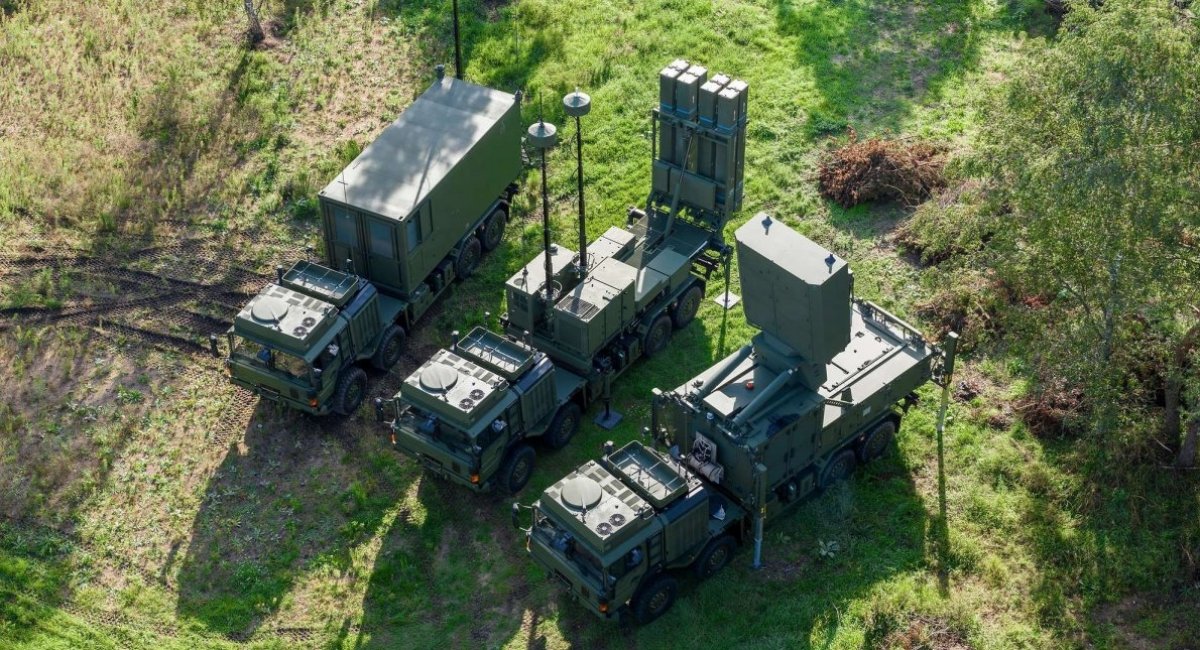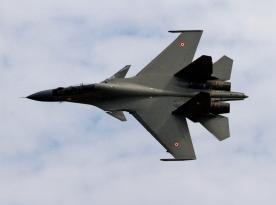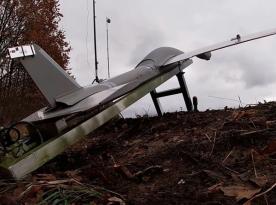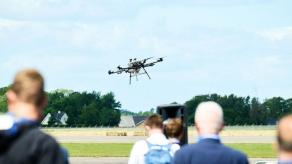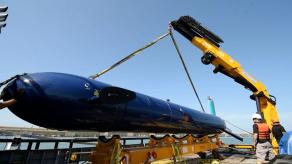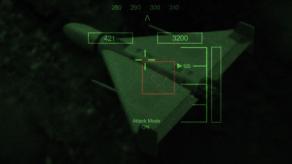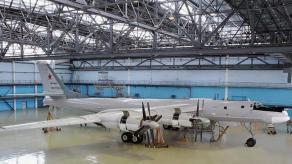Ukraine's air defense capabilities have received another significant boost with the arrival of an additional IRIS-T SLM system. This latest delivery brings the total number of such German-made systems deployed across the country to eight, forming what can now be described as a substantial fleet safeguarding Ukrainian skies.
According to German Aid in Ukraine, the transfer took place two weeks ago, while Ukrainian crews had already completed the necessary training by last month. This meant the new battery was able to take up combat duty immediately after arrival, ensuring no delay in its operational readiness.
Read more: U.S. Approves $825 Million Sale of ERAM Cruise Missiles to Ukraine
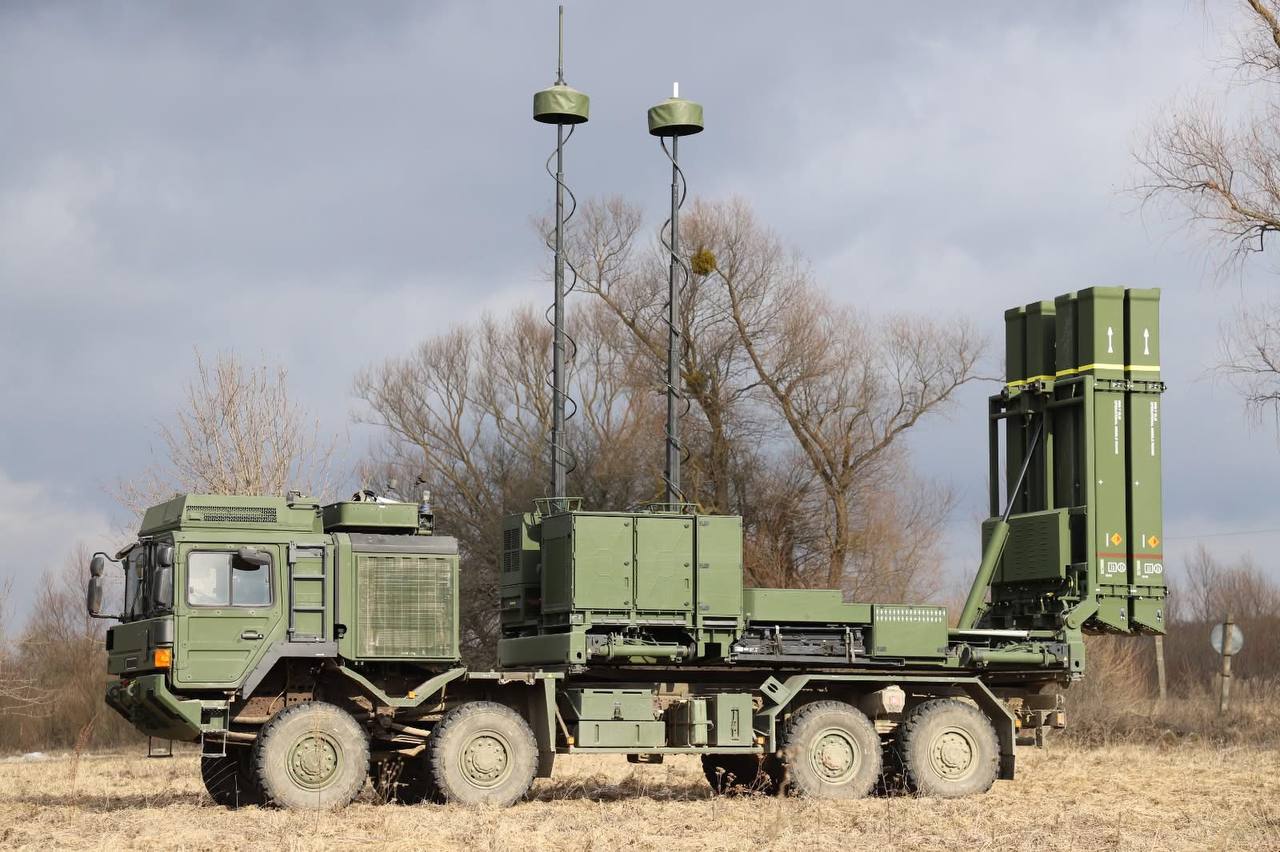
The system is the second of four IRIS-T SLM batteries scheduled for delivery to Ukraine in 2025. However, the timeline for completing the plan remains uncertain. With only four months left in the year, questions arise about whether Germany can realistically provide the remaining two batteries on schedule, considering the demands of both production and crew training.
Still, there are reasons for cautious optimism. Each IRIS-T battery is produced in parallel, meaning the third and fourth systems may already be nearing completion. The manufacturer, Diehl Defense, has also announced a massive €1 billion expansion of its production facilities, largely driven by Ukraine's urgent requirements and additional European contracts.
Each Ukrainian-configured IRIS-T SLM battery includes three launchers, the TRML-4D radar, a command post, transport and loading vehicles, spare parts, and a mobile maintenance workshop. Notably, Ukraine's versions are reinforced with two additional IRIS-T SLS launchers, further enhancing their flexibility against diverse aerial threats.
In terms of performance, the IRIS-T SLM system can intercept targets at ranges up to 40 kilometers and altitudes up to 20 kilometers. The system has already proven its value in countering russian drone and cruise missile attacks, and its versatility allows it to engage not only UAVs and cruise missiles but also aircraft and other airborne threats.
At the same time, Germany, together with Norway, is also financing the delivery of two Patriot batteries for Ukraine. Unlike the IRIS-T unit, these systems are capable of intercepting ballistic missiles when equipped with the PAC-3 MSE interceptors, making them a vital part of the country's multi-layered air defense network.
As Defense Express previously reported, in less than a week, Ukraine's Security Service forces from the A Center for Special Operations dealt a devastating blow to russian air defense and electronic warfare capabilities. In just four days, they managed to disable 17 enemy systems.
According to the Security Service, the destroyed equipment is valued at over $250 million on russia's domestic market. For export, the price would be 2.5 times higher, making these losses even more significant for the aggressor.
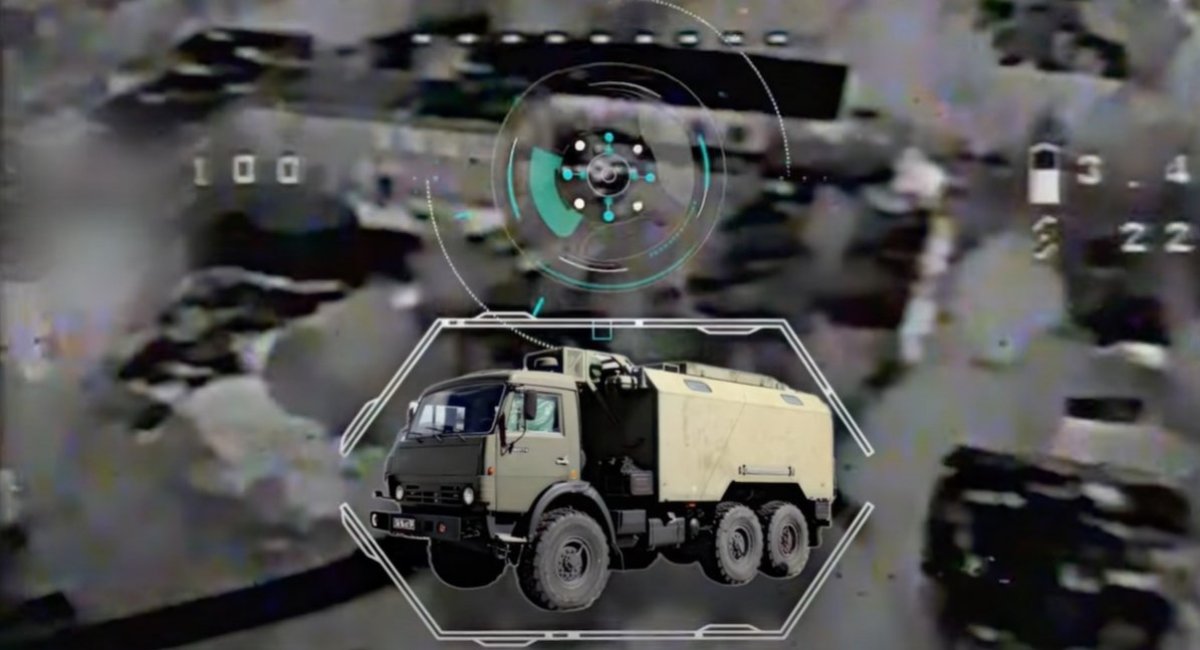
Read more: Ukraine's Security Service Destroys 17 russian Air Defense and Electronic Warfare Systems in Less Than a Week




